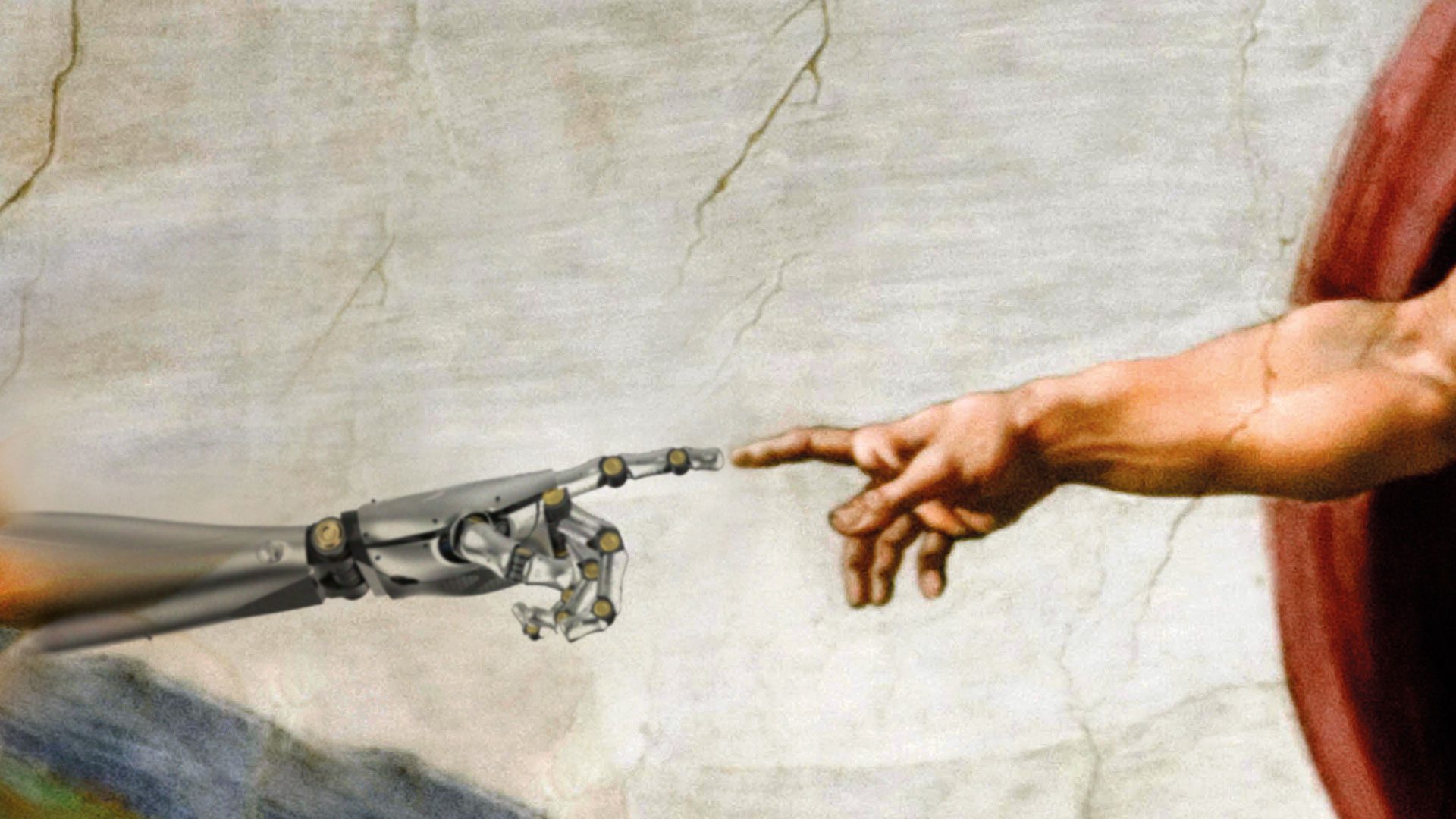I am told that my children and all children should be analysing data. As preparation for the fourth industrial revolution. And perhaps something called econometrics. This is (presumably) to enable our children, and their children, to understand the workings of our increasingly computer-driven world.
If you know the workings of something, the language of something – and you can analyse it – then you’re much more likely to get a job out of it.
But will this bring us any nearer to understanding that divine piece of engineering, biology and complexity of our own bodies? Of how, and why, electrical signals fire through our bodies via incredibly complex systems of nerves?
If one were to expose the pipes, tunnels, wires and cables that make up a modern city – even of the most modern 21st-century mode – it wouldn’t come anywhere close to the complex balance of organelles, cells, tissues and organ systems of the body you sit in the middle of.
Our own ecosystem, which – once set in motion, if fed well and if it doesn’t have the problems from too difficult a birth – will run on and on, making all sorts of accommodations for any poor surroundings. It will act logically if we take in too much of one thing, or not enough of another. Smoking, fats and sugars will be accommodated, though eventually they’ll lead to a breakdown; though not after an incredible struggle by our interconnected organisms to try to adjust to our distorted tastes.
Life sciences, the science of life, and the study of the systems of living complexities must become one of the most important areas if we’re to make the most of the threats and opportunities that lie ahead. As we, in some ways, factor in our abuses of the world, the destruction of nature and our now completely changed lifestyles; lifestyles passed down by our ancestors in less-developed times.









